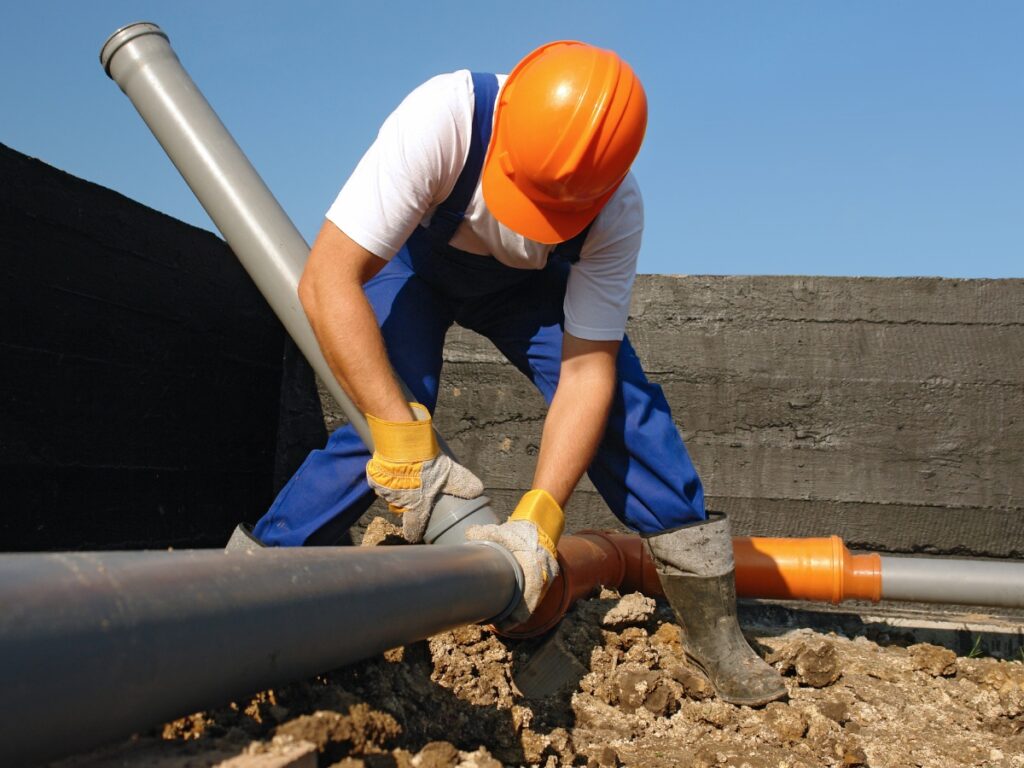Content Summary
- Experiencing a sewer backup is often hard to deal with on your own, and it makes sense to find expert help to circumvent further pain.
- While sewer backups are not the most destructive incidents in your home, they’re definitely one of the most disgusting, and they can negatively impact your health.
- When the water that is discarded into your sewer systems has moved in the opposite direction, this is a sewer backup.
- After you’ve handled the sewage backup at your home, you need to step up and take some preventative measures.
What Is Sewer Backup?
If you were to conjure a gruesome nightmare for any homeowner, only a few would be as miserable as a sewer backup. Raw sewage covers your basement floors like a gross carpet, inviting with it hosts of health risks and more serious property damage. Experiencing a sewer backup is often hard to deal with on your own, and it makes sense to find expert help to circumvent further pain. While sewer backups are not the most destructive incidents in your home, they’re definitely one of the most disgusting, and they can negatively impact your health.
When the water that is discarded into your sewer systems has moved in the opposite direction, this is a sewer backup. It results in the water coming back up through your toilets, sinks, and drains. All that dirty water running through your plumbing fixtures needs to have a destination, and depending on the neighborhood in which you live, the home may be connected to a city sewer system or a private one. A septic system is critical since it functions as a mini sewer system in which the wastewater is treated, and the solids are separated from liquids. The water then moves towards the drain field from the tank, slowly released directly into the soil, allowing viruses and bacteria to be removed.
Sewer backups can be massive, especially if you have never installed a septic tank or had inspections previously performed on the home. You have to deal with the mess immediately, and not just that, you also have to worry about the health risks associated with the sewage blanketing your basement floor. If you experience a sewer backup, avoid it as best you can, and contact Trident Restoration Inc for immediate help in this situation. The sooner you clean up the mess, the less damage it will cause in terms of your home’s infrastructure, as well as your physical health.
What Causes Sewer Backups?
Several things can cause a sewer backup, and they can be separated into two categories – obstruction in the flow of sewage or overabundance of wastewater, which the system cannot handle. The first category can affect any kind of home, regardless of whether it’s connected to a city or private sewer system. If something substantially blocks the central pipes in the system or prevents the flow of wastewater, it will eventually make its way back to your home. Sadly, older homes are especially susceptible to damaged sewer pipes since there are many things that can cause the blockage.
Preventive Measures
After you’ve handled the sewage backup at your home, you need to step up and take some preventative measures. Luckily, preventing these mishaps in the future is not a very complicated endeavor. All you need is to simply install a backwater valve, which is installed between your house and the city sewer main. The backwater valve can let the wastewater flow in only one direction, which is away from your house. This is a great intervention, since it means that it will stop sewer backups caused by things moving downstream in the valve.
It also helps to know the most common sources of blockages: deposits of fat or oil, a preponderance of unflushable products, old pipes that have been sagging or collapsed entirely, and so on. However, it will be difficult for you to catch these issues, which is why getting the experts to help and perform regular inspections will help you and your home in the long run.
